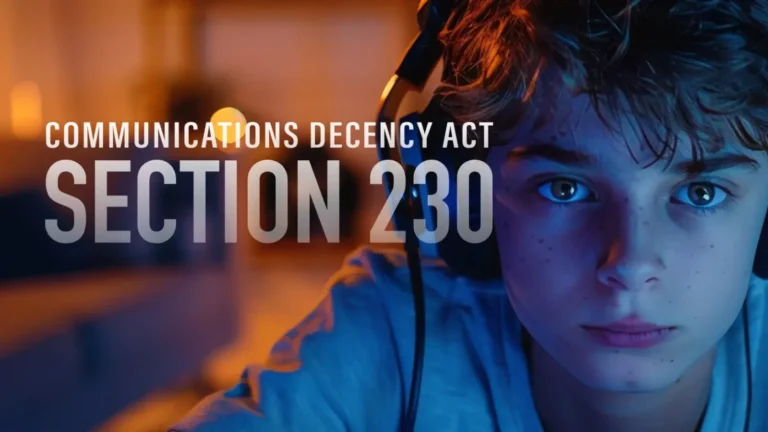WASHINGTON, DC (May 11, 2022) – The National Center on Sexual Exploitation (NCOSE) is urging Congress to pass the EARN IT Act in response to recent news exposing the exploitation happening to minors on Snapchat, TikTok, Instagram, the emerging metaverse, and other online platforms.
A minor who was sexually exploited on Snapchat filed a class action lawsuit against the social media platform. The Financial Times revealed how a “specific privacy feature” is “being exploited by predators” on TikTok. A Forbes headline proclaimed, “How TikTok Live Became a ‘Strip Club Filled with 15-Year-Olds’”. An undercover news investigation found that adults and minors are experiencing sexual abuse, harassment, and racism in virtual worlds focused on social connection. Instagram is consistently noted as a top site used for grooming, sex trafficking, child sexual abuse material (CSAM), and other harms. CSAM is rampant on the internet, with over 29.3 million reports of suspected exploitation in 2021, a 35% increase over 2020.
“How many more accounts of children being sexually abused online must come to light before Congress takes substantive action that is desperately needed? Corporations are not doing enough to stop it. The EARN IT Act incentivizes tech companies to detect and delete child sexual abuse material,” said Dawn Hawkins, CEO of the National Center on Sexual Exploitation.
“The tech industry leans on Section 230 of the Communications Decency Act (passed before social media even existed) to give it near-blanket immunity from liability.
“Congress needs to protect children, not predators, on interactive platforms that are extremely popular with children. The EARN IT Act is one way Congress can do that,” Hawkins said. “EARN It is a bipartisan solution pending in both chambers (S 3538; HR 6544). It’s the most important child protection legislation pending in Congress this year.”
NCOSE is urging members of the public to contact their Congressional representatives to express support for the EARN IT Act. More info: Countering Myths About the EARN IT Act



